May's nature news roundup
- Rhiannon Irving

- May 30, 2025
- 4 min read
Updated: May 31, 2025
Every month, I aim to collect and summarise nature news articles found in the nature sections of various online news sites. Take a look at the linked headlines to find out more :)
Here are seven interesting nature news posts from the month of May.
2nd May
A Eurasian Lynx born in Newquay Zoo in Cornwall has been selected to become the first captive born feline species to be released into the wild. The Lynx breeding programme (part of the Endangered Species Programme) is facing a shortage of Lynx in the wild, and the programme aims to release specific animals into the wild to increase genetic diversity (a factor in the success of wild populations). The Lynx was transferred to a 1200 squared metre enclosure in Germany, where it is being monitored over many months to see whether it is able to adjust to a wild environment. The hope is that it will be ready to be fully released in late summer.

6th May
On the 8th May, Ocean was launched in cinemas, a thought-provoking documentary film by Sir David Attenborough, aiming to expose the issues facing the world's oceans, and encourage positive change from key policymakers across the world. The significant effects of trawling and whaling on the ocean ecosystems are examined in graphic detail but Attenborough continues to spark hope with his knowledge, passion and commitment to inspire change at the highest levels.
"The ocean can bounce back to life...If left alone it may not just recover but thrive beyond anything anyone alive has ever seen." David Attenborough
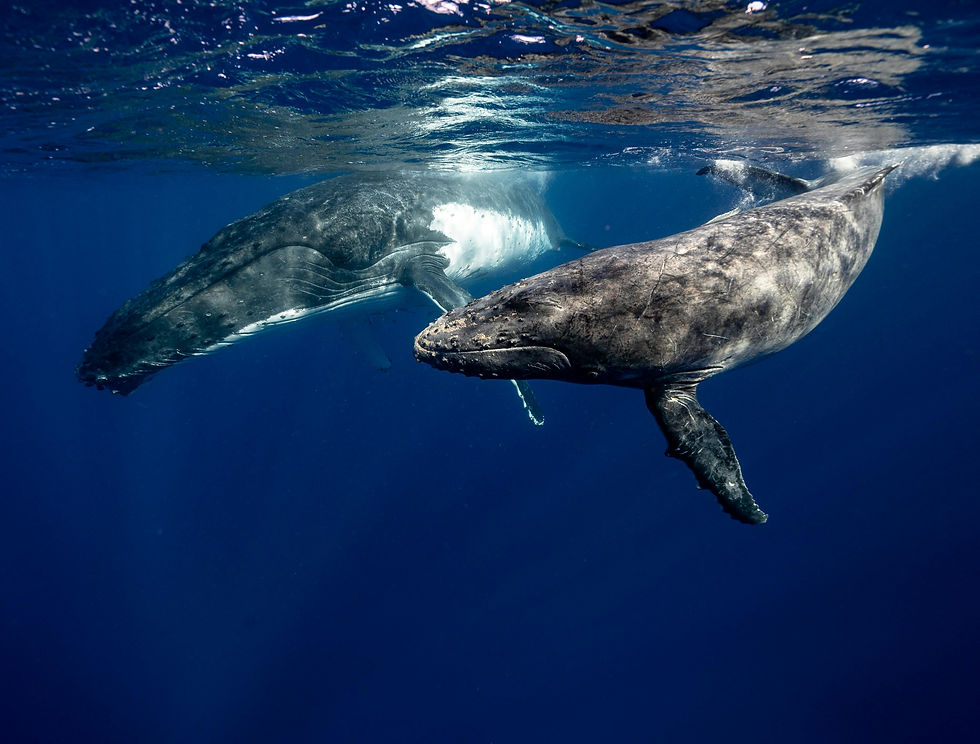
14th May
In the Budongo Forest, in Uganda, chimpanzees have been seen to use medicinal plants to treat injuries and wounds on themselves and others in their troop. There are decades of observations of forest 'first aid' in chimpanzees and the study contributes to the continually growing evidence that many species of primate use medicinal plants. Observations included the chimps chewing up leaves and placing them on their wounds and eating plant material when they were unwell. When researchers tested the leaves, they were found to contain antimicrobial properties. The team's exciting discoveries could contribute to the development of new medicines for humans.
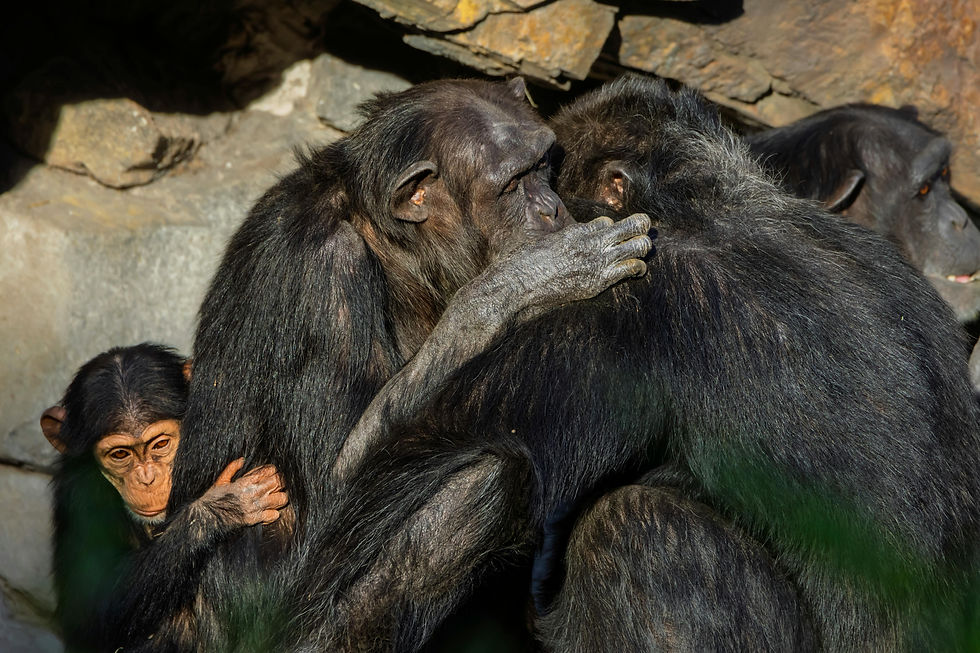
17th May
In Exmoor National Park, coordinators have arranged a variety of nature based experiences such as art and craft sessions, outdoor yoga and wildlife walks as part of a local community wildlife festival. Experts are teaching sessions on various aspects of the ecosystem, such as fungi and bird life, and children get to meet the Exmoor ponies. It's a fantastic example of how a community can connect with their local environments on a deeper level.
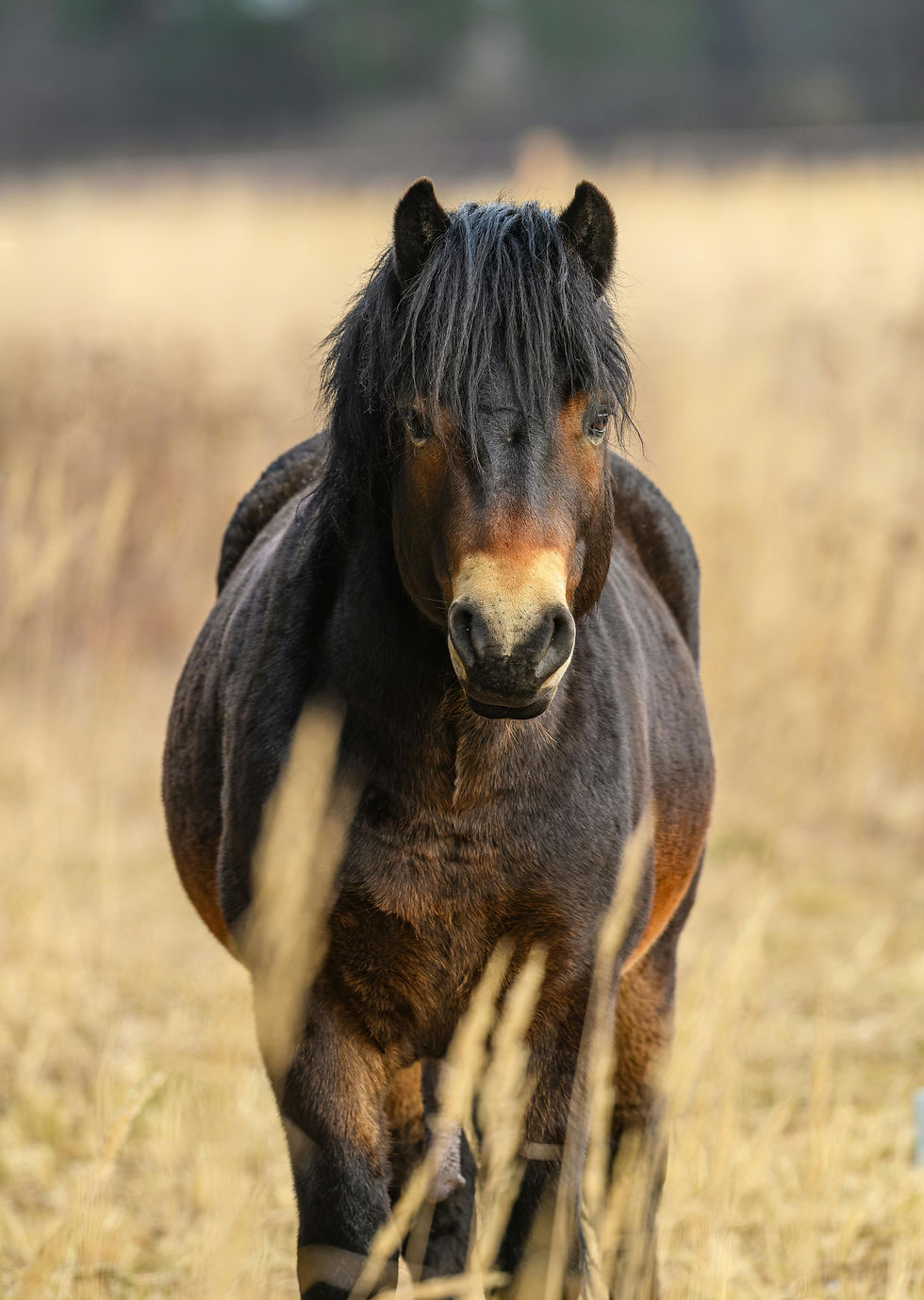
22nd may
Scientists have been studying the evolution of the sloth, finding that their slow, unhurried lifestyle is the secret to their survival across 30 million years. The study analysed body size across evolutionary ancestors, including the different species of ground-dwelling sloths. They found that the different species evolved their different sizes to cope with environmental factors such as climate. They surmised the larger, ground-dwelling species were easy targets for hunters which contributed to their extinction. However, the tree-dwelling species survived through. Our existing species have extremely low metabolic rates, enabling them to extract as many nutrients as they can from a diet of low-calorie leaves. The study shows how evolution and adaptation has shaped the species that survive today.
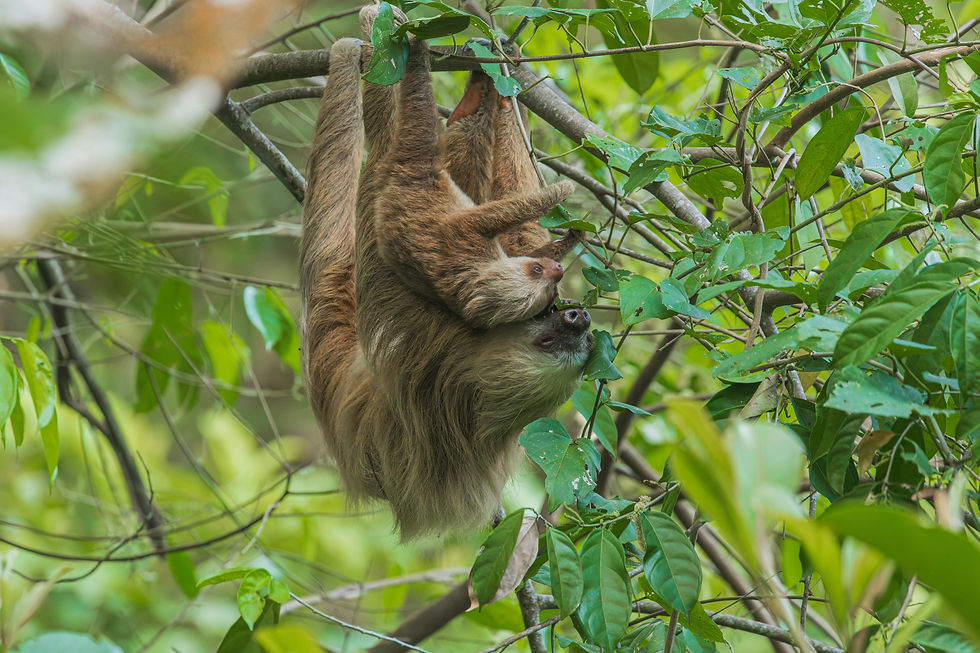
24th may
It's not secret that bee populations are dramatically decreasing across the world. A study based at Kew Gardens is researching which trees bees are most attracted to, by using specialist acoustic sensors that listen for the buzz of the bees' wings to map the most popular trees. 8 species of trees were used, a mixture of UK native and non-native trees, in an effort to inform future landscaping and urban development. The lead Scientist, Dr Janine Griffiths, drew attention to the fact that 90% of the flowering plants in the country rely on pollinators like bees, and yet the populations of flying insects has declined by 60% in 20 years. If the decline continues, essential plants like food crops will struggle to grow. Bee pollination is an considered an ecosystem service, vital to protect to enable the survival of the fragile ecosystem.
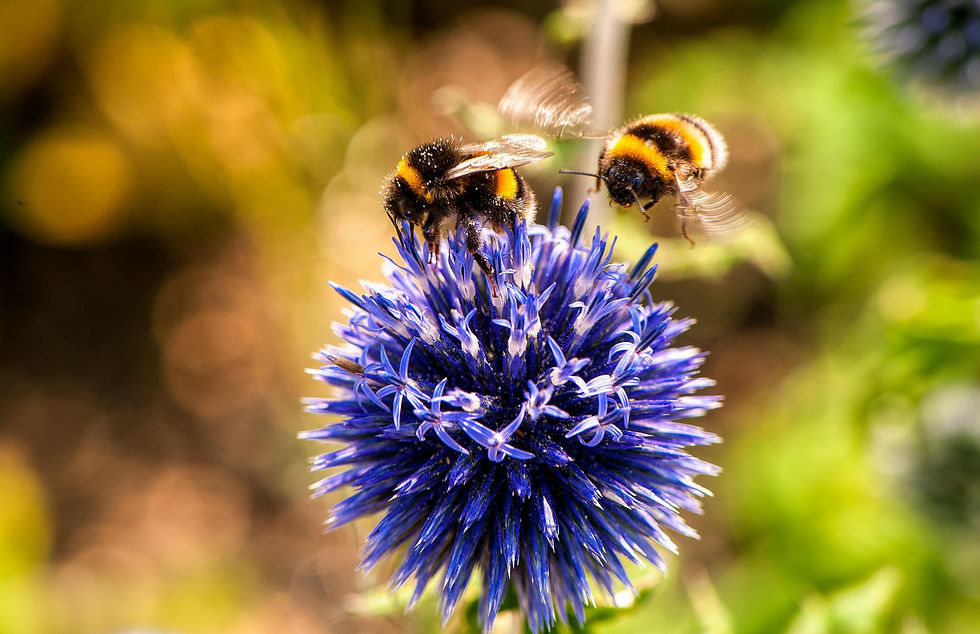
25th May
Conservation scientists in Wales have been studying a population of bottlenose dolphins over a few decades. To identify them, the scientists have only been able to look at marks on their fins when they are surfacing. Now, they have been able to extract DNA from the dolphins poo, enabling them to work out the sex, the genetic relationships between individuals, and the excrement can also be used to find out what the dolphins have been eating. This is new information that allows the scientists to assess the changes in their diet across a year, and across years. They found that the dolphins have started to adapt their diet and feed on different species as the ocean starts to warm and their population monitoring has shown that the number of dolphins in the area seems to be falling. Many questions remain however, the scientists don't know what is causing the change in diet, or the fall in numbers. Is it just natural fluctuations, climate change, boat disturbance or a myriad of other factors, or a combination of these? Scientists continue their research to find out as much as they can about the population they have been following for so long.
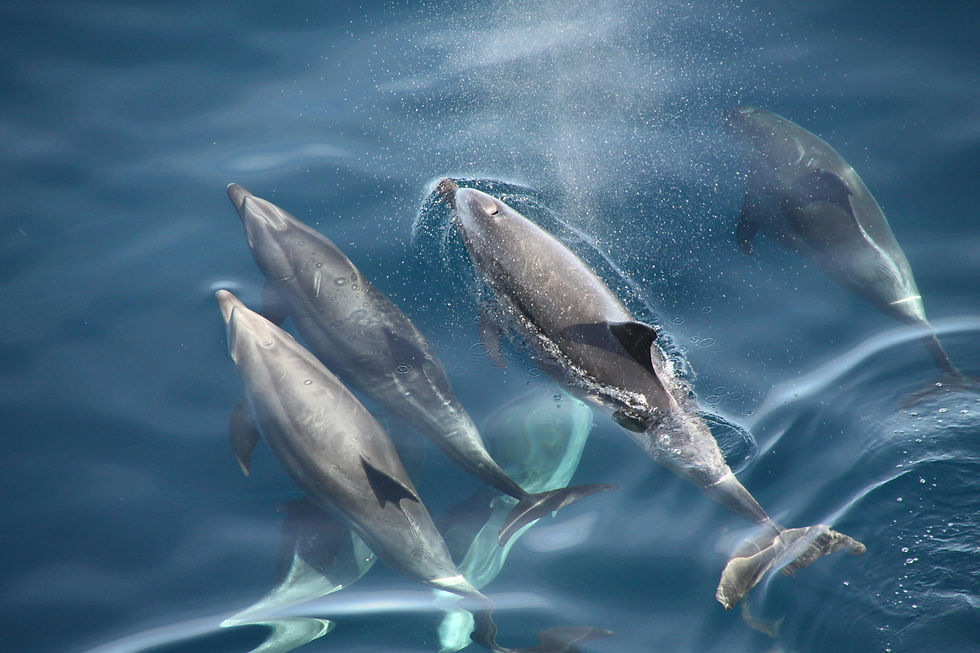




Comments